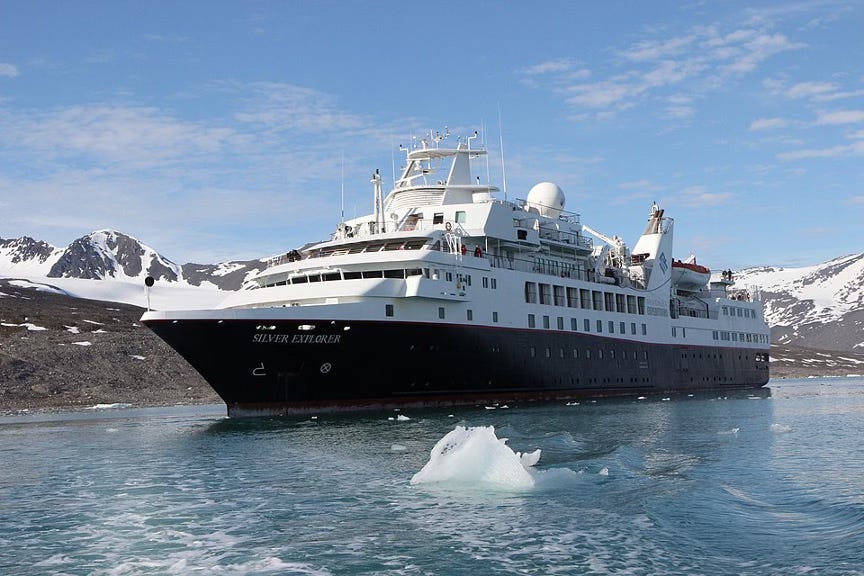
“I hate travelling and explorers.” With this provocation, French anthropologist Claude Lévi-Strauss opened Tristes Tropiques, his 1955 masterpiece blending memoir, travel writing, and philosophical reflection. The book recounts his fieldwork among Indigenous peoples of the Brazilian Amazon in the 1930s while offering a profound critique of Western civilization and its impact on the world it sought to study.
Throughout the work runs a deep pessimism about humanity’s restless ambition — its pride, egoism, and faith in progress. Lévi-Strauss mourned the destruction of traditional societies and the erosion of cultural diversity, seeing even the remotest places as already “wasted” by European influence. Tristes Tropiques closes on a somber note: a sense that “things will not get better,” that civilization carries within itself the seeds of its own disappearance. Yet beneath that despair lies an enduring fascination with the richness of lived experience and the human search for meaning amid decline.
Today, the same melancholy extends northward. As the Arctic’s ice retreats and cruise ships crowd the cold waters of the north, we are left with nostalgia for a vanishing Frontier. But Ice Frontiers begins where Tristes Tropiques ended — seeking, within loss itself, the possibility of renewed wonder. This is an exploration not of untouched lands, but of what it means to keep exploring and discovering when icebergs have become tourist attractions.

